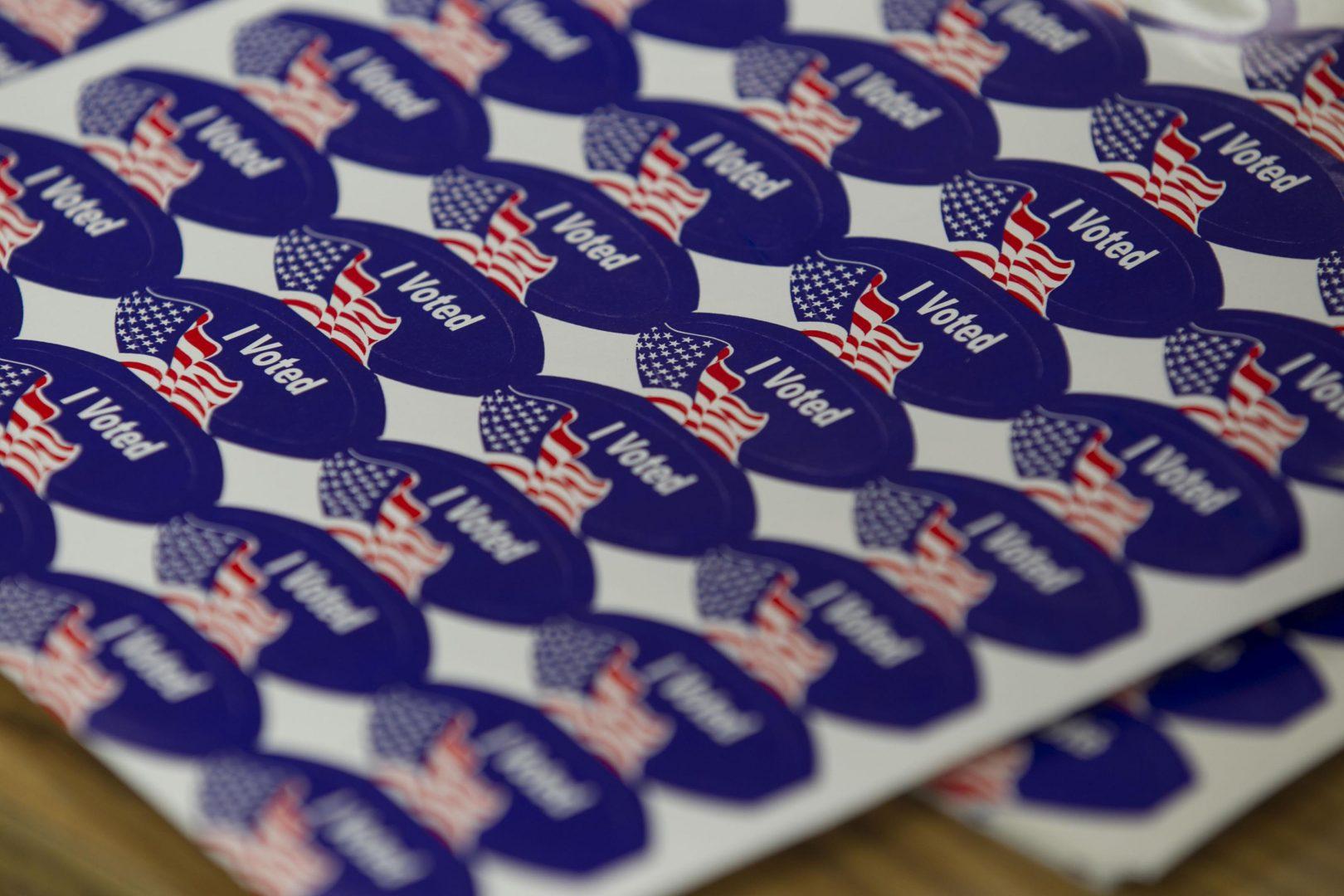After the election cycle, students from within the Central Valley voiced their opinions on their political party preferences on the top of the ticket.
Bryan Gonzalez, a Fresno City College (FCC) student majoring in computer engineering, is a first-time voter who participated in the recent election. Although this was his first experience casting a ballot, Gonzalez said the voting experience was painless and took less than 15 minutes.
Gonzalez, 20, chose to cast a vote for former Vice President Joe Biden and said he made a day out of the occasion. Both he and his girlfriend voted together at the polling stations at Fresno State.
“I just didn’t want to see [Donald] Trump get re-elected, really,” Gonzalez said.
The FCC student also voted for the Democratic nominee because “it seems like Biden is a good person.” Gonzalez said he also wanted to break the cycle in having one president successfully hold office for two consecutive terms.
While Gonzalez is fully aware of protests outside of counting stations across the nation, he acknowledged that although it’s frightening to see, he ultimately remains unaffected by the protests happening across multiple parts of the country.
“I know it is pretty scary, but I don’t feel like I’d be affected too much by it,” Gonzalez said. “I don’t have family or loved ones that are in the police force. I’m not too worried about it myself, but for others, I know it could be a scary thing that riots can happen and people can get hurt over a presidency.”
For 21-year-old Venise Ostrea, a student at Fresno State, making her presidential selection was simple. Before submitting her ballot through the mailing system, the mathematics major at Fresno State decided to vote for Trump and Vice President Mike Pence. Ostrea associates herself more with the Republican Party.
“I voted for Trump because I think we need to keep America stronger in military, immigration policies, and economy,” Ostrea said. “I know we want to help everyone, but there are boundaries that need to be kept in order for a country to run.”
While casting a vote for the current administration felt like the right choice to make, Ostrea feels like she and others within the Republican Party are misunderstood.
“No, we are not racists. We are not all white. I believe we are misunderstood because of the mainstream media, Twitter, Facebook and other social media,” she said. “What people tend to forget is that we are all different, and we have different ways of thinking. I have been accused of being a traitor as a ‘person of color’ because I voted for Trump.”
Ostrea found this realization to be “devastating” and wants others not to make political accusations or assumptions based on skin color or origin.
Madison Grow, 26, is a registered independent and did not vote for the current administration or political rival. Instead, she bubbled in a vote for Libertarian Jo Jorgensen.
Grow, a liberal studies major who graduated from Fresno State in spring 2019, chose to submit a ballot at a local polling station. She feared mail-in ballots would have been tampered with and felt safer to vote at the polls.
Grow said she disagreed with politics and that her political knowledge does not run deep.
“I think voting is important because it is one of the most important rights we have as American people,” she said. “Not many other countries have the right to vote, and it is definitely something we should take advantage of.”
Trump did not earn a vote from Grow, as she claimed he was “trying to strip women of their rights,” and it started to make her worry.
While many voters hit the polls in the recent election, it seems Generation Z (Gen Z) is more diverse racially and ethnically than other generational groups, with numbers ranging in the millions.
According to the Pew Research Center, Gen Z voters, aged between 18 and 23, included 55% non-Hispanic White, 22% Hispanic, 14% Black, 5% Asian and 5% some other race or multiracial. Millennial, Gen X, Boomer and Silent, other generational groups, consist of predominantly white voters dominating respective categories ranging between 61% and 79%.
In 2020, the number of Gen Z voters grew by 16 million compared to the 2016 presidential election, making it a total of 23 million eligible Gen Z voters this year.




